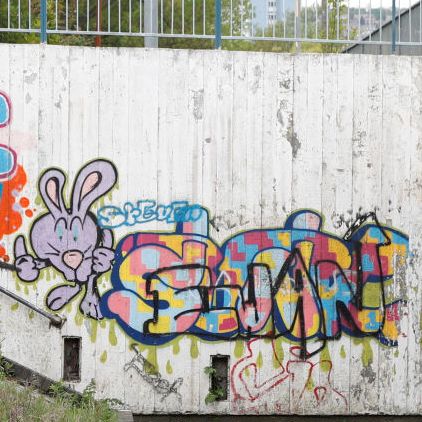How is intergenerational fairness viewed in some of England’s most deprived communities? In 2017 Local Trust asked the Intergenerational Foundation to research this, and the result is a report just published. IF’s Antony Mason, the author of the report, explains the background, and why the conclusion should make policy-makers sit up and think
“Big Local is one of the most radical and exciting grant programmes ever launched by a major lottery funder.” That’s what Matt Leach, Chief Executive of Local Trust, writes in his Foreword to my report.
I would second that.
It’s a remarkable project. Since 2010, 150 communities in England have been given grants of £1 million each by the National Lottery Community Fund to spend as they wish over 15 years. The scheme is administered by Local Trust, and the communities selected are called “Big Local areas”.
Most of these Big Local areas suffer from disadvantage of some kind, and have identified the challenges, and ways in which funding can address them.
Key and common concerns, expressed in these communities’ applications to the Big Local scheme, are the wellbeing and the futures of the young.
Intergenerational issues
The Intergenerational Foundation is motivated by the idea that the “intergenerational contract” is under severe strain. This is the concept that each generation should leave to the next a world that is as good as, if not better than, the one they inherited.
We look at areas where this strain is most readily identifiable – the intergenerational fault lines, if you will: housing, employment, benefits and pensions, university tuition fees, social care, the environment, political representation.
How are these issues playing out in communities like those represented by the Big Local areas?
Big Local areas
To answer this, I was invited write a contribution to Local Trust’s essay series that explores “how people and places are changing through Big Local”.
The result is an essay entitled: “Beyond Age: Why communities are investing in young people’s futures”.
For the research I visited four Big Local areas: Stoke North (Stoke-on-Trent), Church Hill (Redditch), Wick Award (Hackney Wick in East London) and the Coastal Community Challenge (Mablethorpe, Trusthorpe and Sutton on Sea in Lincolnshire).
Each is very different, and each faces its own distinct challenges – from anti-social behaviour and drug abuse among young people to the undermining of mutual intergenerational family support because younger generations have no choice but to move away.
The details are in the essay, and you can hear a discussion about the issues in a podcast that I made at Local Trust along with various experts who bring their own interesting viewpoints to the field.
Spoiler alert
The key point in a nutshell is this: the Local Trust model of funding delivers resources to people on the ground who really know where the problems lie, and who are best placed to spend these resources effectively, even down to the level of individuals.
In many ways they are filling the gaps left by the reductions of services in youth provision by local authorities. But the Big Local approach can also be seen as a model for delivering bottom-up, community-led solutions, and an effective alternative to the traditional top-down structures of government that have left so many communities feeling forgotten and sidelined.
In the four Big Locals that I visited, there were clear signs that this model can help to heal intergenerational community fractures. Are there lessons here that could be rolled out nationally?
Image: detail from page 8 of “Beyond Age”, photo by Zute Lightfoot, Gateshead Big Local, reproduced under the terms of Creative Commons (CC BY-NC-SA 4.0).
Help us to be able to do more
Now that you’ve reached the end of the article, we want to thank you for being interested in our work standing up for younger and future generations. We’re really proud of what we’ve achieved so far. And with your help we can do much more, so please consider helping to make IF more sustainable. You can do so by following this link: Donate
